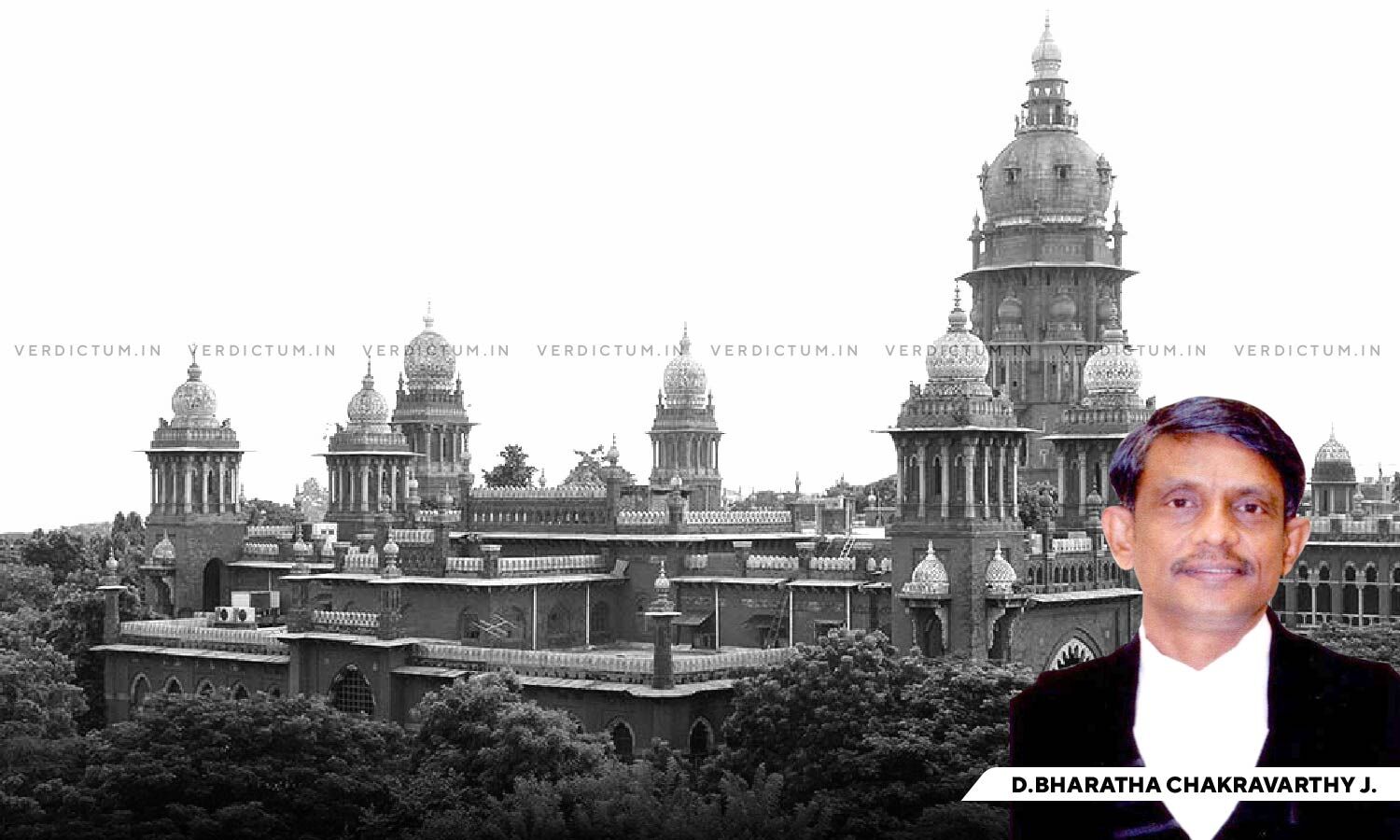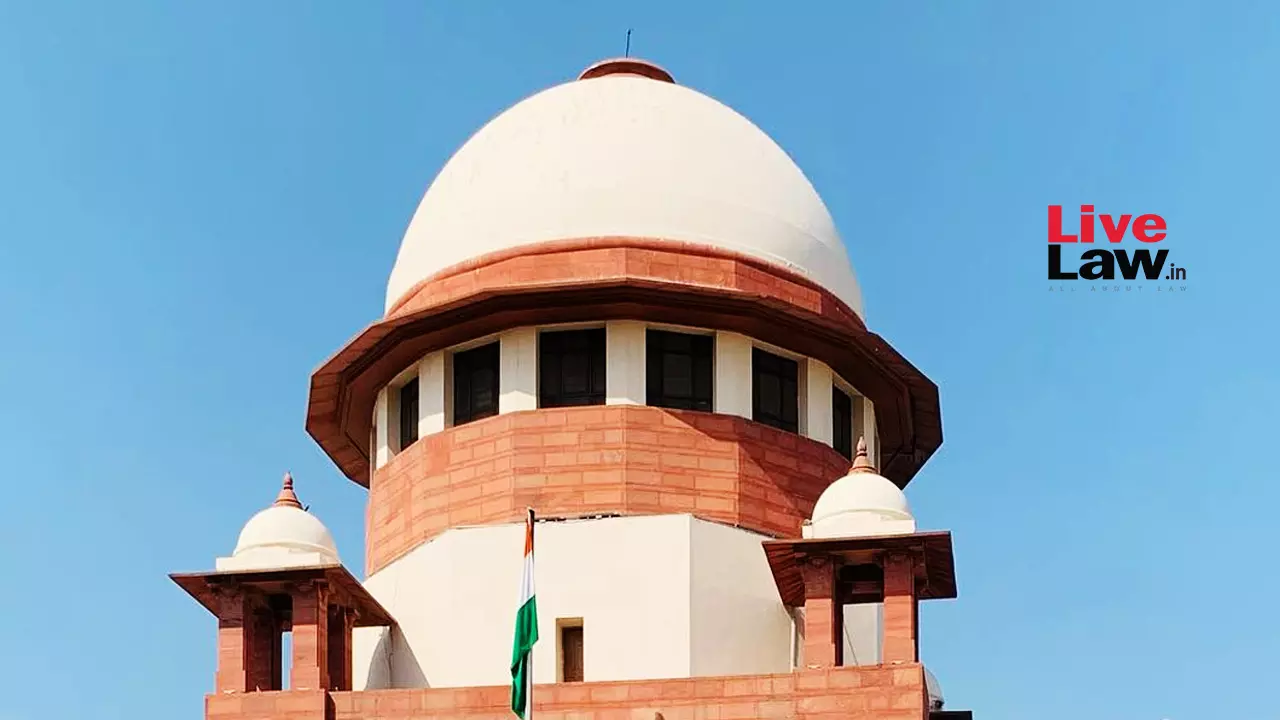S. 66 Railways Act | Railways Can Impose Penalty For Misdeclared Goods Even After Delivery : Supreme Court


The Supreme Court recently ruled that the penalty for misdeclared goods can be imposed by the Railways post-delivery of consignments/goods under Section 66 of the Railways Act, 1989 (“Act”).
The bench comprising Justices Sanjay Karol and PK Mishra set aside the Gauhati High Court’s ruling which held that penal charges cannot be levied after delivery of goods. Instead, the Supreme Court said that Section 66 of the Act allows imposition of charges at any stage as it does not specify a timing for demands.
The dispute arose when Indian Railways levied penal charges on several transport companies, including Respondent-Kamakhya Transport Pvt. Ltd., for allegedly misdeclaring goods in their consignments. Between October 2011 and April 2012, the Railways issued four demand notices, seeking higher freight charges after detecting discrepancies between the declared and actual contents of the shipments.
Although the transporters complied by making payments under protest, they later approached the Railway Claims Tribunal (RCT), Guwahati Bench, seeking refunds. They contended that the demands were unlawful as they were issued after the delivery of goods, relying on Sections 73 and 74 of the Railways Act, 1989, which, according to them, allowed recovery only prior to delivery.
In January 2016, the RCT ruled in favour of the transporters, ordering the Railways to refund the charged amounts along with 6% interest. This ruling was affirmed by the Gauhati High Court in December 2021. Challenging both decisions, the Union of India filed an appeal before the Supreme Court.
Overturning the High Court’s decision, the judgment authored by Justice Karol observed that the High Court erred in holding that the penal charges should be pre-delivery.
“It is borne from the above (Section 66 of the Railways Act) that a consignee/owner of goods/person having charge of goods who has brought goods for the purpose of carriage has to give the Railway authorities a written statement regarding the description of the goods, to enable them to charge the appropriate rate of carriage. Under sub-section (4), if the statement is found to be materially false, the Railway authority is empowered to charge the goods at the required rate. No reference is made to the stage at which such a charge can be made, i.e., either before or after delivery. Consequently, it can be seen that the legislative intent had to be, to permit levy of charge under this Section, at either stage and not at a specific one.”, the court said.
Further, the Court distinguished the case of Jagjit Cotton Textile Mills v. Chief Commercial Superintendent N.R. and Ors., (1998) 5 SCC 126, which was relied upon by the High Court in support of levying charges pre-delivery. The Court clarified that Jagjit Cotton Mills dealt with Section 54(1) (general conditions for delivery), not Section 66, thus the observation that charges should be pre-delivery was contextual, not a blanket rule.
In terms of the aforesaid observations, the Court allowed the appeal, holding that the Railways can recover misdeclaration penalties post-delivery.
Case Title: UNION OF INDIA Versus M/S KAMAKHYA TRANSPORT PVT. LTD. ETC.ETC.
Citation : 2025 LiveLaw (SC) 683
Click here to read/download the judgment
Appearance:
For Petitioner(s) :Mr. Amrish Kumar, AOR Mr. K.M.Nataraj, A.S.G. Mrs. Ameyavikrama Thanvi, Adv. Mr. Vatsal Joshi, Adv. Mr. B.k.satija, Adv. Mr. Chinmayee Chandra, Adv. Mr. Gaurang Bhushan, Adv. Mr. Sudarshan Lamba, AOR
For Respondent(s) :Mr. Divyansh Rathi, Adv. Mr. Himanshu Makkar, Adv. Mr. Gunjan Kumar, AOR





